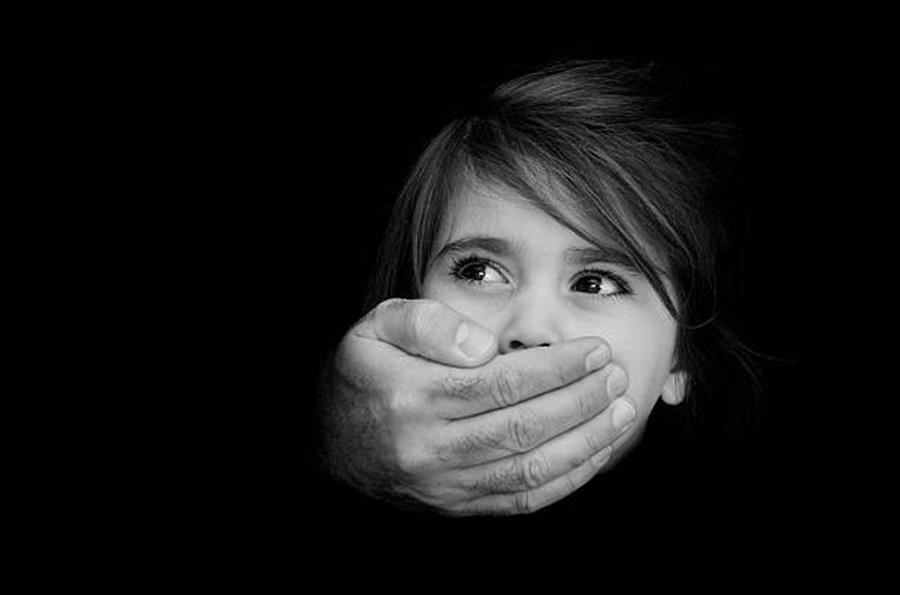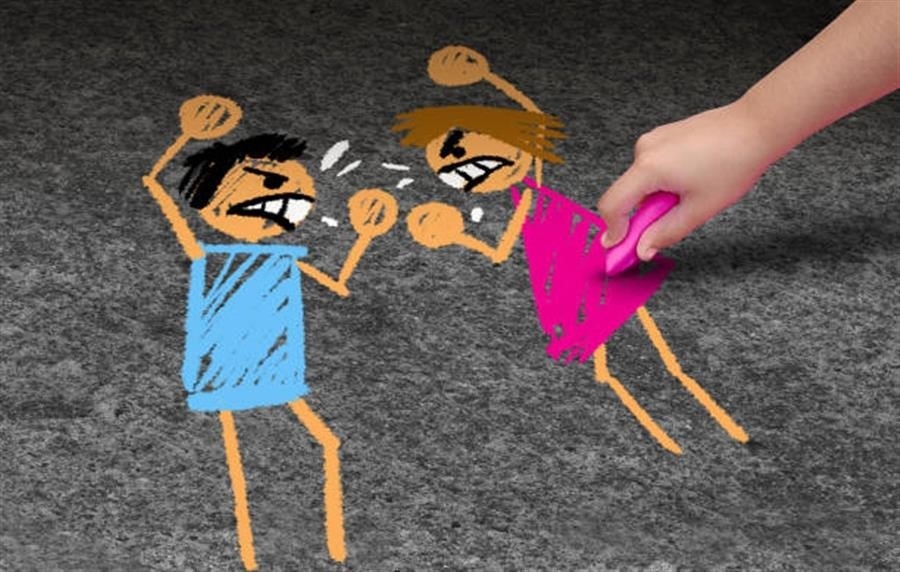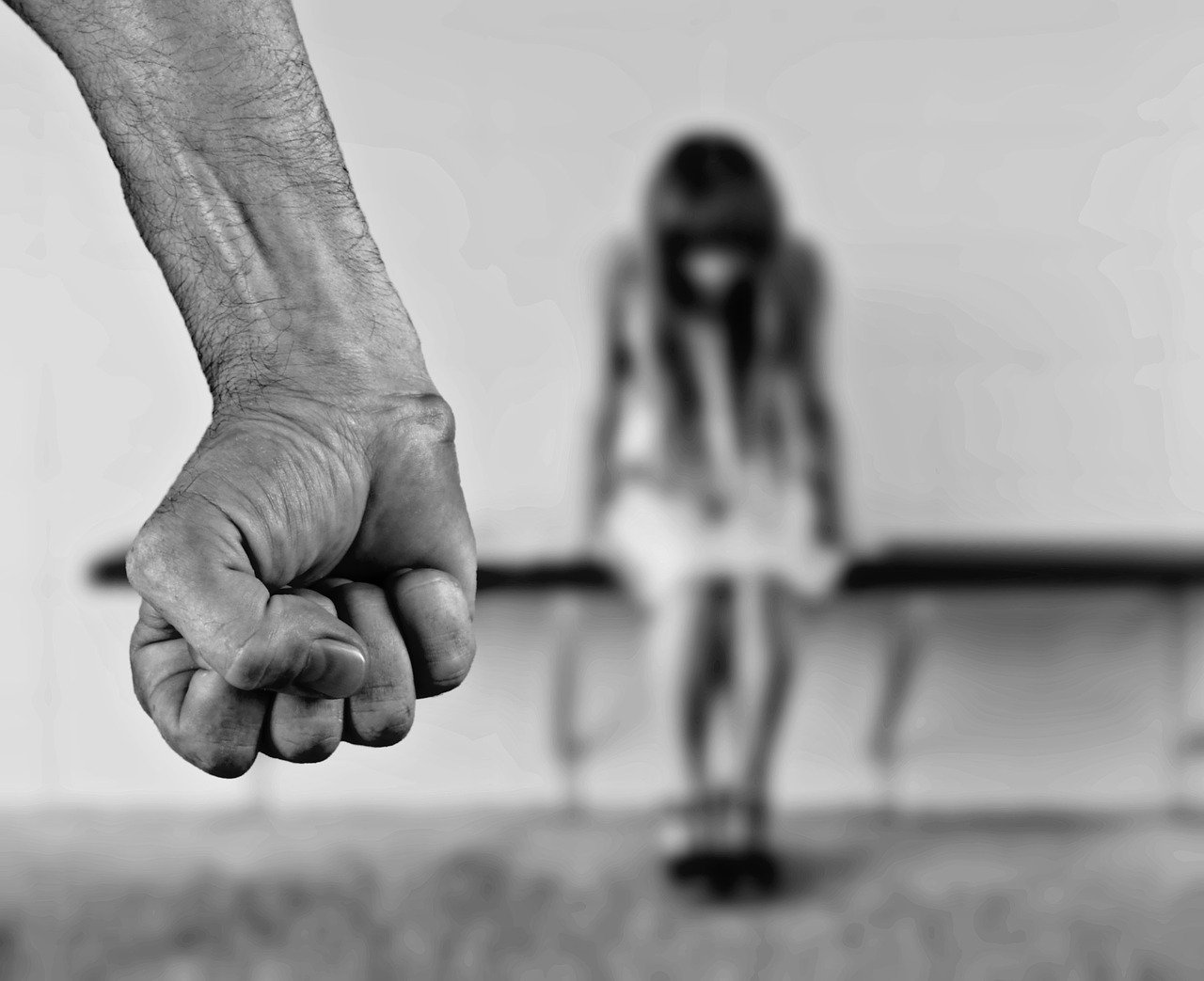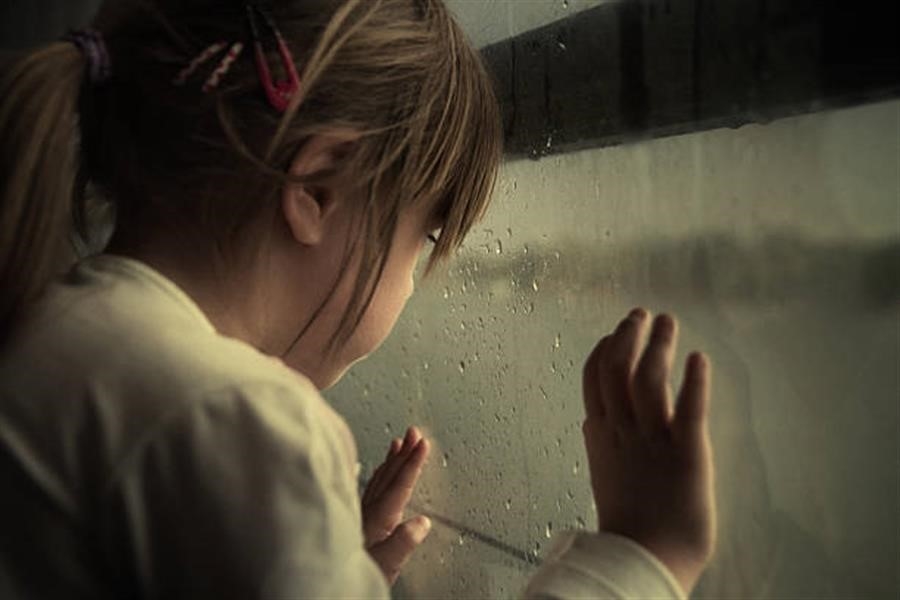Domestic Violence

Introduction to Violence in the home is a crime we are all becoming more aware of each year. What is violence – or abuse? It is about power, and this can be about controlling a partner by either physical or emotional abuse. It is rarely a one-of event. There are also many different forms of abuse, and physical attack is only one of them. Perhaps most of us think of a black eye or broken arm, but sex can be used as a way of dominating a partner. So can ridicule. So can control of family finance. So, too, can shouting and screaming.
Does your partner accuse you of all manner of ‘crimes’? These may even be everyday events, such as looking out of the car window to look at other men or talking for too long to friends and family on the telephone! Jealousy is a formidable spur for many attacks. Do you feel under threat of violence? Have you been on the receiving end of a violent attack? Do you have to ‘account’ for time spent away from home? Does emotional or verbal abuse play a part in your relationship? Psychological abuse can at times be even more damaging than physical abuse. It can be something which whittles away at your self-esteem until you may even begin to believe that you are ‘stupid’, ‘useless’ or that you ‘deserve it’.
Signs of violence
Attempts at retaliating may bring further violence: tears of frustration and helplessness are ridiculed and mocked. If this is happening to you it may make it even more difficult to break away and do something about your situation. Loss of self-esteem, and being made to believe you are ‘worthless’ make it difficult to think about getting help. Does this sound familiar? You may also be on the receiving end of blackmail, for that is what it is, if you partner threatens to kill himself – or herself – if you leave.
Or to harm the children. Sometimes there is a warning that violence is imminent, and this may be triggered by alcohol or drug abuse. Other times an attack can come out of the blue. The question often asked is why do people stay in an abusive relationship? The most common reason is because of financial restraints or fear of losing the children.
It is easy from the outside to say ‘get out’ but often there is hope that ‘things will get better’ or shame at saying to an outsider ‘I am being beaten’. There is sometimes a mistaken belief that love will conquer all. This usually covers up a reluctance to bring things to a head and face all the changes that a challenge might bring about.
If any or all of this rings a bell with you, or you know of someone who is being abused, don’t hesitate, get help and protection now. Some men and women have delayed, and tragically they are no longer alive. © Jill Curtis 2006 – Family Onwards









